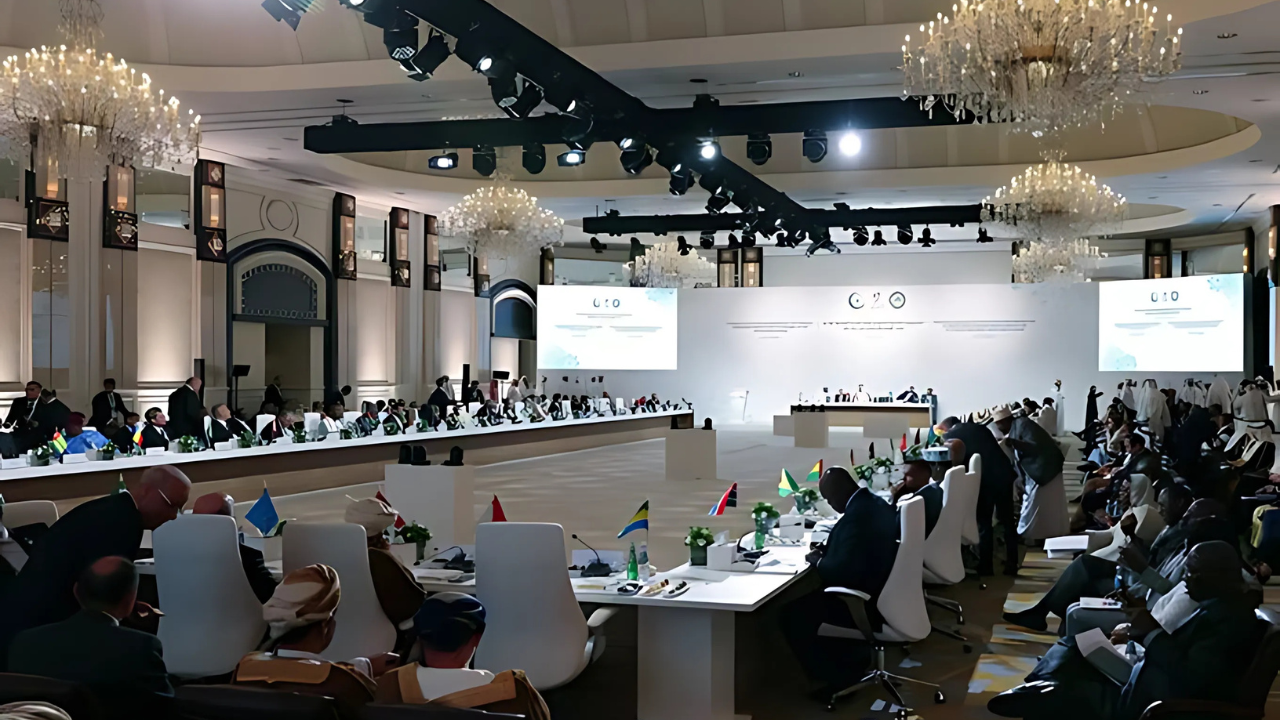
Post by : Naveen Mittal
The Middle East has long been a region marked by tension, diplomacy, and complex relationships between nations. In recent years, efforts to normalize relations between Arab countries and Israel have gained momentum. However, recent developments have raised concerns that these efforts may now be at risk. At the heart of these concerns is the Arab-Islamic summit being convened in Doha in September 2025, where leaders from across the region are set to discuss how Israeli attacks are threatening peace and cooperation.
The summit brings together leaders from both Arab and Islamic countries to show solidarity with Qatar, which has been directly affected by Israeli airstrikes targeting members of the Palestinian militant group Hamas. These attacks, according to the summit's draft resolution, are more than military actions—they threaten coexistence and undermine years of progress toward establishing normalized diplomatic ties in the region.
The draft resolution, shared ahead of the summit, states clearly that Israel’s actions—including accusations of genocide, ethnic cleansing, starvation, and colonizing policies—endanger all peace efforts. It explicitly warns that such hostile acts threaten “everything that has been achieved on the path of normalizing ties with Israel, including current and future agreements.”
This is a serious warning to the international community, especially as efforts to bring peace between Arab nations and Israel had started to show promise, notably through agreements like the Abraham Accords brokered by the United States in 2020.
On September 9, 2025, Israel launched airstrikes on Qatar, claiming that Hamas leaders operating from the Gulf state posed a threat to its security. Hamas, however, reported that five of its members were killed but denied that the leadership was targeted. Regardless of the specifics, this incident has deepened mistrust between Israel and Gulf Arab states.
This attack comes at a time when Gulf countries—including the United Arab Emirates, Bahrain, and others—were in discussions with Israel about increasing diplomatic and economic cooperation. For instance, the UAE, a major economic hub and oil producer, had normalized relations with Israel in 2020, opening avenues for trade, technology, and security partnerships.
But now, with renewed hostilities and accusations of terrorism, these partnerships are under strain. The UAE even summoned Israel’s deputy ambassador to protest the recent attack and offensive statements made by Israeli leadership.
Qatar has long acted as a mediator in conflicts, especially those involving Gaza and Palestinian factions like Hamas. Despite the attack, Qatari leadership remains committed to continuing peace efforts. Prime Minister Sheikh Mohammed bin Abdulrahman al-Thani stated that Doha’s mediation with Egypt and the United States would not be derailed by these provocations.
Qatar’s role is pivotal because it serves as a neutral platform where both sides can discuss ceasefires, humanitarian aid, and long-term resolutions. However, Israel’s aggressive posture risks alienating Doha and other Gulf nations that are already wary of external military interference.
U.S. President Donald Trump has expressed dissatisfaction with the attack, stating that it did not help achieve either U.S. or Israeli goals in the region. He emphasized that Qatar is a crucial ally in peace negotiations and warned that such attacks should not be repeated.
At the same time, Trump reaffirmed that Hamas’s elimination is a “worthy goal,” a stance that adds complexity to the U.S. position. While aiming to support peace efforts, Washington’s messaging appears conflicted, especially as it navigates relations with both Israel and Gulf Arab states.
The Abraham Accords, signed in 2020, marked a historic shift in Middle Eastern diplomacy. For the first time since Jordan’s peace treaty with Israel in 1994, Arab states began to establish formal ties with the Jewish state.
The accords aimed to unlock economic opportunities, security cooperation, and cultural exchanges. But the recent attacks and escalating tensions risk rolling back these achievements. If normalization talks break down, it could lead to increased instability and mistrust across the region.
Saudi Arabia, another influential Gulf state, has remained cautious. It has reiterated that any diplomatic relations with Israel must include a fair resolution for Palestinian statehood. The recent attack may harden its stance, potentially pushing it further away from dialogue.
The resolution to be discussed at the summit outlines several concerns:
Threats to Peace: Israeli actions are seen as sabotaging peace efforts.
Humanitarian Impact: Starvation, siege tactics, and expansion policies are condemned.
Economic Setbacks: Normalization agreements could collapse.
Regional Security: Stability in the Gulf is tied to mutual cooperation, which is being undermined by unilateral aggression.
These points make it clear that the summit’s goal is to hold Israel accountable while rallying international support for a peaceful, diplomatic solution.
The global community is watching closely. Countries like Egypt, the United States, and European allies are involved in crisis management. However, some nations are treading carefully, wary of taking sides while trying to avoid escalation.
International organizations such as the United Nations have called for restraint and negotiations, urging both sides to return to dialogue rather than force. Human rights organizations have also raised alarms about civilian casualties and the humanitarian crises worsening due to blockades and sieges.
The summit’s outcome will have far-reaching implications. If leaders issue strong condemnations and mobilize diplomatic pressure, Israel may face increased isolation. Conversely, if the resolution fails to hold aggressors accountable, it could embolden further acts of violence and weaken moderate voices seeking peace.
Moreover, normalization efforts could lose traction, affecting global trade, energy markets, and regional security cooperation.
The summit is not just a political meeting—it is a test of whether diplomacy can prevail over aggression, and whether shared interests like economic growth and humanitarian aid can withstand the pressures of conflict.
The Middle East’s stability affects global energy markets, migration patterns, and international security. With tensions rising, every decision made at this summit will ripple outward, influencing alliances and partnerships far beyond the region.
For students, businesses, and policymakers, understanding these developments is crucial to navigating an increasingly interconnected world where conflict and cooperation are two sides of the same coin.
The Arab-Islamic summit serves as a pivotal moment for regional diplomacy. With Israeli attacks threatening years of progress, the world is watching closely to see if peace can be restored—or if tensions will escalate further. The decisions made in Doha will shape not only the Middle East’s future but also the stability of international relations for years to come. Stay informed and aware of how these issues affect global peace, security, and cooperation.



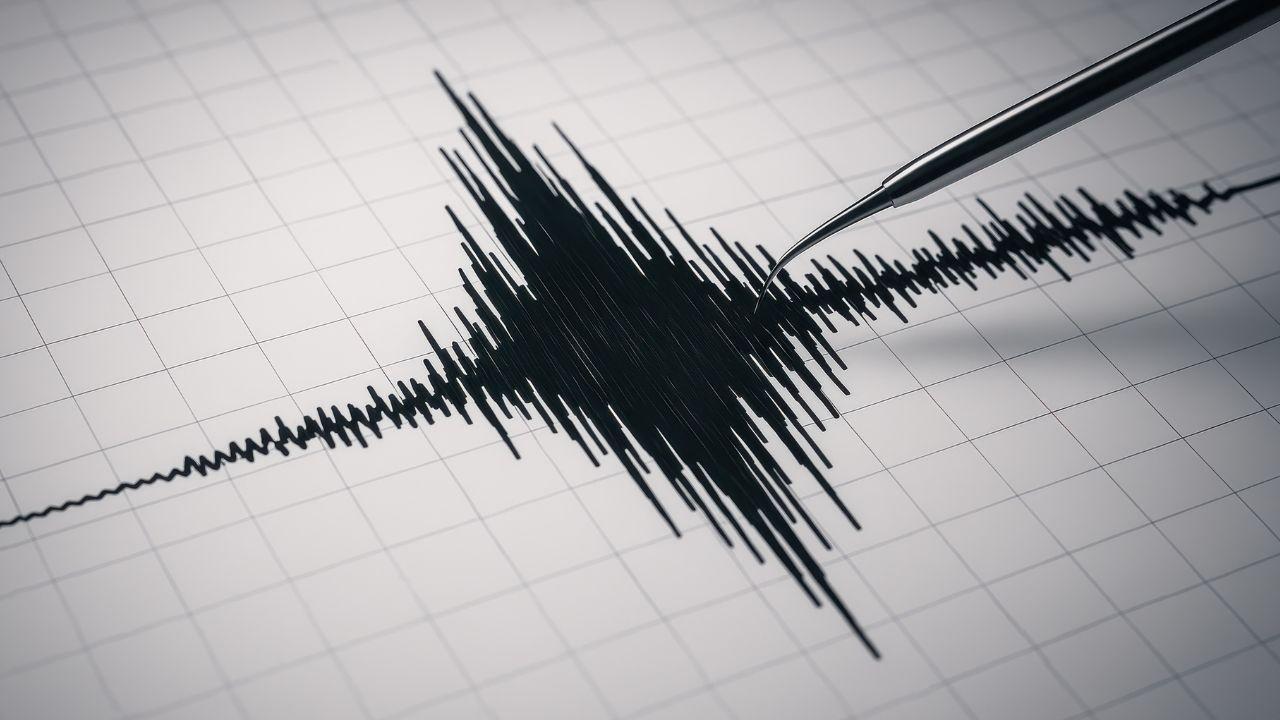




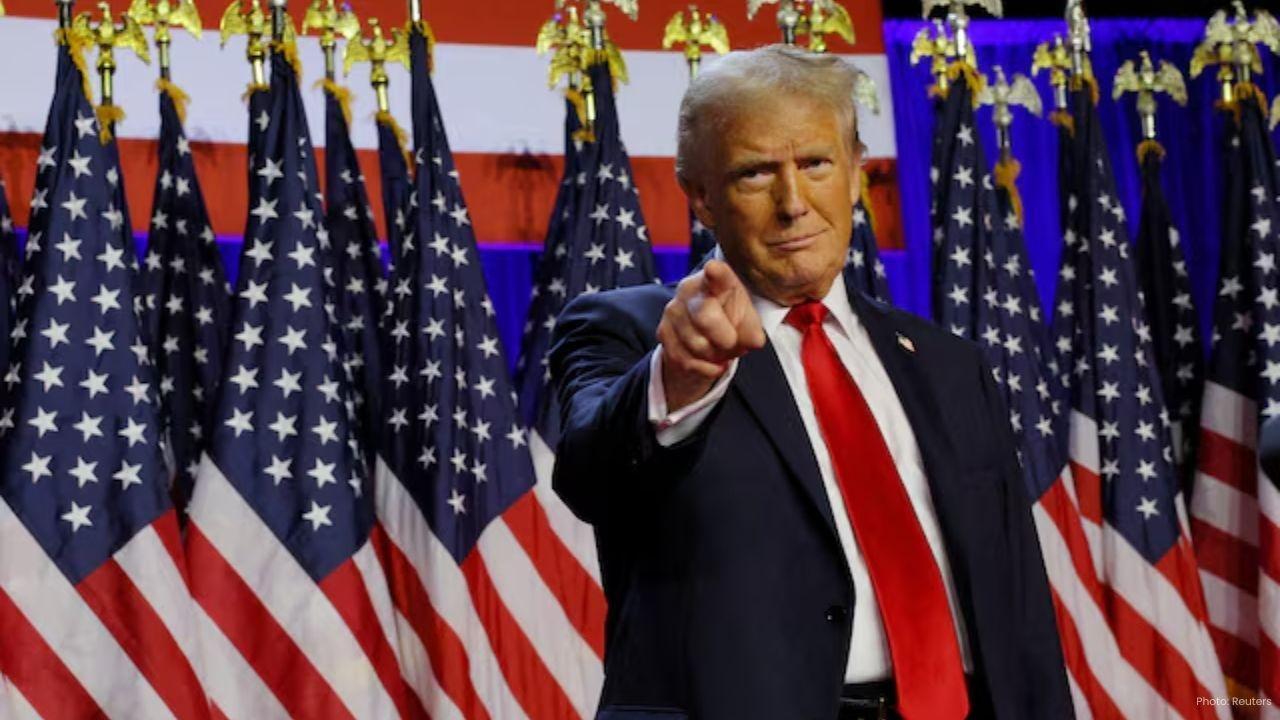

Florida Triumphs Over Miami 82-68 in Jacksonville Clash
Florida Gators defeated the Miami Hurricanes 82-68, marking Miami's first loss of the season in a th

Mavericks Triumph Over Trail Blazers in Overtime, Led by Gafford's Heroics
The Mavericks overcame the Trail Blazers 138-133 in overtime, as Gafford's season-high points ignite

Rockets Secure Overtime Victory Against Magic with Durant’s Heroics
In a thrilling overtime match, the Rockets edged the Magic 117-113, thanks to Kevin Durant's stellar
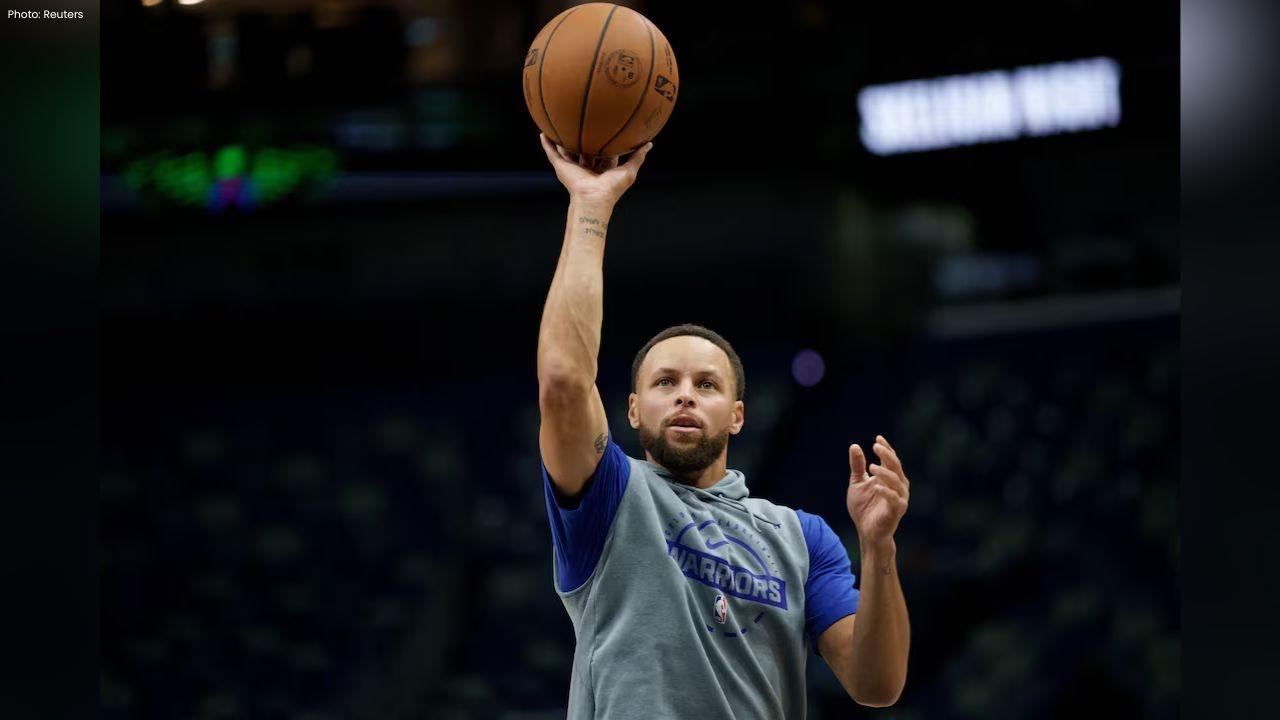
Moses Moody's Stellar Performance Secures Victory for Warriors Against Pelicans
Moses Moody scored 32 points, leading the Warriors to a 124-106 win over the Pelicans despite Curry'
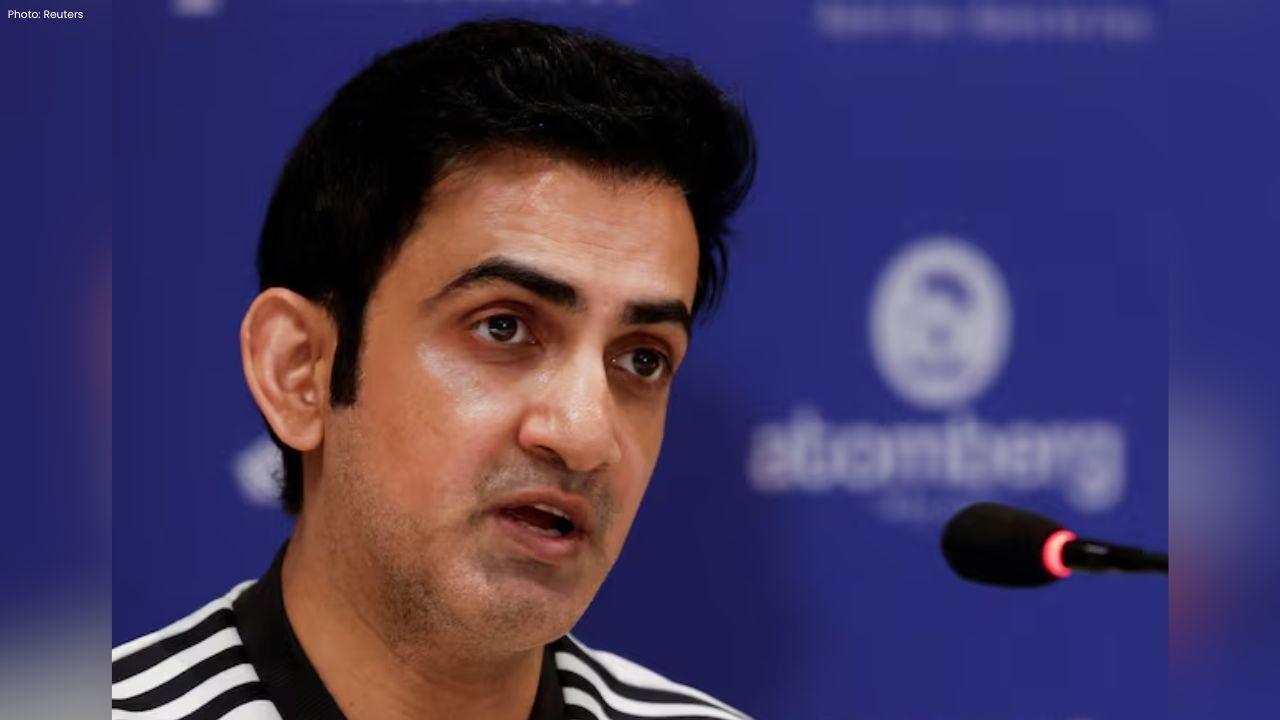
Gautam Gambhir Supports Eden Gardens Pitch After India’s Setback Against South Africa
Gautam Gambhir defended the Eden Gardens pitch, claiming it tested skills rather than being unfair a

South Africa Achieves Historic Victory Over India at Eden Gardens
In a stunning upset, South Africa clinched a historic win against India in Kolkata, as the hosts fel